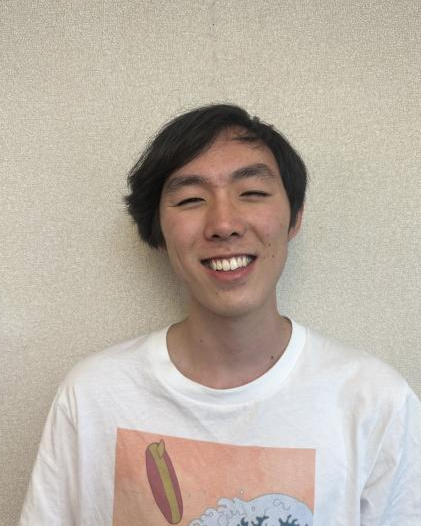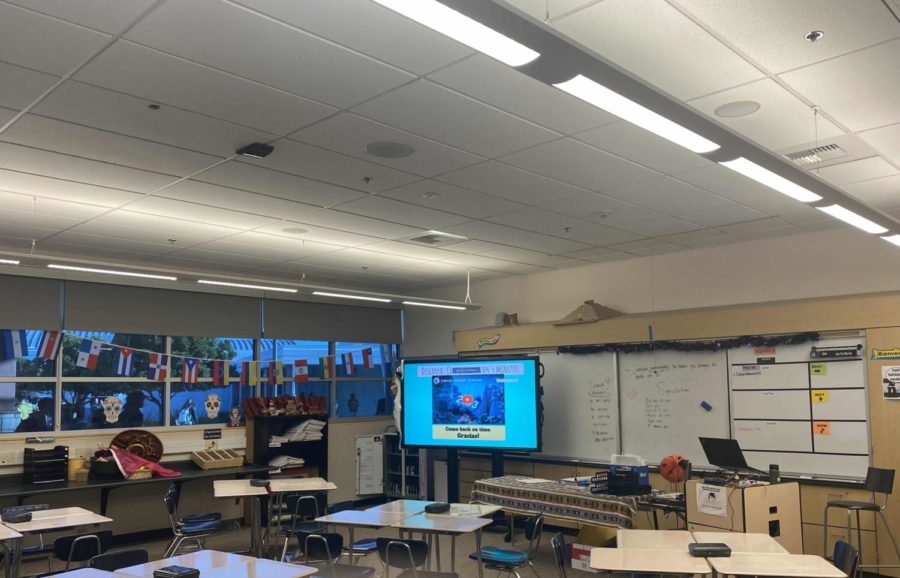A Look At Second Language Classes At DHS
It is the bane of all high school students – taking Spanish, French, Mandarin, or even ASL at Dublin High. At some point during those 96-minute blocks, many of us have asked ourselves, Why bother learning a second language, knowing that I will never speak it again outside of this classroom?
However, as passing as these thoughts may be, they still pose a valid question. Why is it a requirement for students to take two years of language? Although some languages may prove more useful than others within the broader context of the United States, such as speaking Spanish near the southern border states or French in New England, there is not as much pressure to learn a second language in the Bay Area. And although Spanish, French, and Mandarin may be common languages spoken by bilingual people, no one language forms an overwhelming majority. Despite this, taking a second language is a requirement for all Dublin High students in order to graduate.
To better understand the perspectives of students and teachers at Dublin High, here are some excerpts from interviews conducted around campus. Mrs. Chen, who teaches Mandarin 1 and 4 at Dublin High, believes that learning a second language has so much more than just interacting with people who speak it. She claims that it also helps students with their mental health, as it “exercises thinking ability” by “open[ing] their eyes, minds, and hearts to gain a better global perspective”.
Madame Isaac, who teaches French 1 and 3, highlights the future uses of learning a second language for students. She explains that “in today’s competitive job market, the ability to speak a second language will set you apart from other applicants and make you much more valuable to an employer”.

What do students think, then? While some agree with what their teachers had to say, others argue that it might not be so useful. Kailash Rao, a sophomore at Dublin High, is taking Spanish 3 right now. While he claims that he enjoys the classroom environment and activities, he does not think that learning an additional language would help him in the future since the classes do not “teach the language to a level where you would be able to easily apply your knowledge”. On the other hand, Pingyao Liu loves how second language classes give her “exposure to other cultures”, which makes it easier for her to “understand the little nuances in culture when [she is] older”. However, she agrees with Kailash as she believes they get limited opportunities to use what they learn in these second language classes outside of school.
So, what can we take away from this? Second language classes are something that some Dublin High students and teachers enjoy enough to the point where they are not going away anytime soon. It does seem to be a controversial topic, however. Either way, we must ask ourselves, Is there any way we can make language classes more applicable to the lives of students outside of high school? Making them more useful in the real world and providing more reasons to take them, will give students ample opportunities to showcase their skills and provide a stepping stone for a brighter future.
Your donation will support the student journalists of Dublin High School. Your contribution will allow us to purchase equipment and cover our annual website hosting costs.

Jacob Siauw is a junior at DHS. During his freshman year, he wrote a regular column for the Shield. Before stopping during his junior year, he used...



































